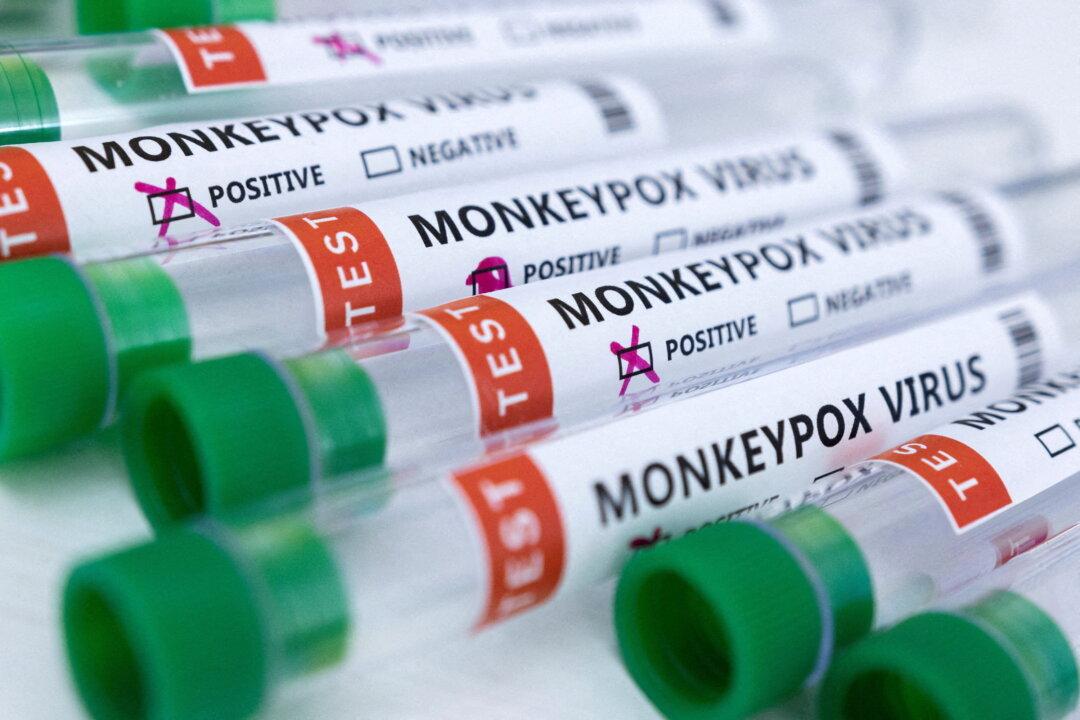The nature of the monkeypox outbreak might be muddled by gender self-identification, according to experts, as it emerged that the one percent of infected female individuals in the UK could in fact be biologically male.
An Infectious Disease Behaviorist told The Epoch Times that while it’s true for accuracy that data on both sex and gender is important, focusing on how someone identifies in society is pandering to politics and risks “weakening public health surveillance systems.”




